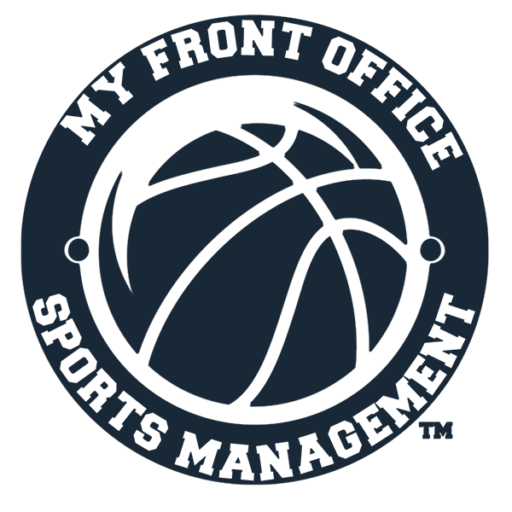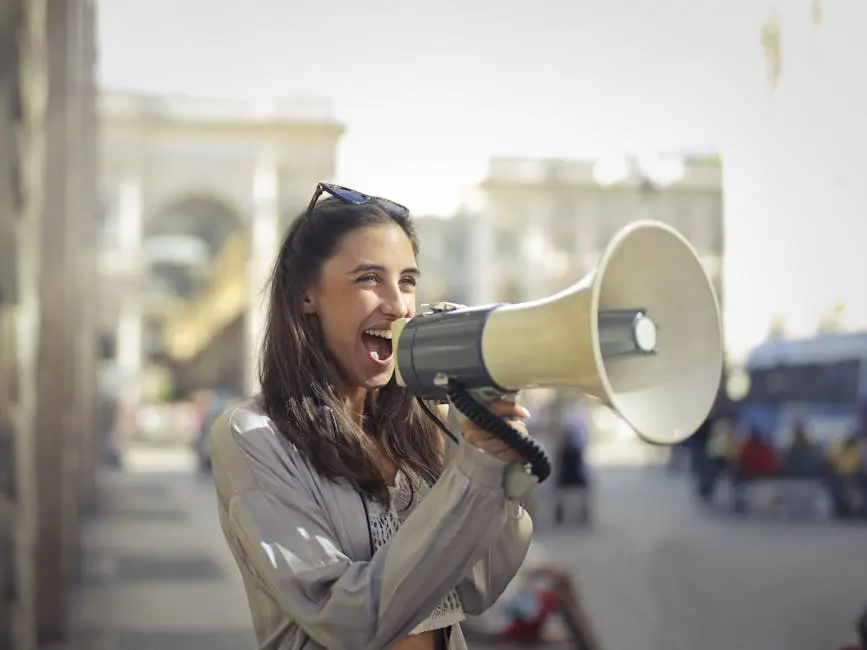Boosting ticket sales can often seem like a challenging task, but with the right strategies, you can turn it into a rewarding endeavor. In this guide, we’ll explore some of the most effective methods to increase your ticket sales, explained in a simple and engaging way.
Understand Your Target Audience
The first step to boosting ticket sales is to understand who your target audience is. Conduct market research to find out their preferences, interests, and purchasing behavior. When you know who you’re selling to, you can tailor your marketing efforts to align perfectly with their needs and desires.
Dive deep into analytics and customer data to gain insights into demographic information and past purchasing patterns. Utilizing tools such as Google Analytics or customer relationship management (CRM) systems can help you gather detailed information about your audience. This data can guide your campaigns and ensure you’re reaching the right people with the right message.
Creating buyer personas is another effective method. These personas represent your ideal customers and take into consideration their age, gender, income level, hobbies, and more. This fictional yet data-backed profile aids in understanding what drives your customers’ decisions and how you can tap into those motivations.
Furthermore, engaging with your audience through surveys and social media can provide first-hand feedback on what they expect and need from your events. This interaction not only builds a stronger relationship with your audience but also gives you direct information to refine your strategies.
Leverage Social Media Marketing
Harnessing the power of social media is an indispensable strategy for boosting ticket sales. Platforms like Facebook, Instagram, and Twitter are the perfect venues for reaching vast audiences through engaging posts, advertisements, and interactive content. According to Yieldify, social media promotion boosts engagement and drives ticket sales by showcasing the popularity and exclusivity of your event.
Utilize targeted ads to reach specific demographics based on age, interests, and location. This ensures that your promotions are seen by those most likely to be interested in your event. Sponsored posts and stories are highly effective in capturing attention due to their visual and interactive nature.
Another powerful tactic is leveraging user-generated content. Encourage attendees to share their experiences at your events using a dedicated hashtag. Highlighting these posts on your official accounts can create a sense of community and fear-of-missing-out (FOMO) among potential attendees.
Engagement is key on social media. Respond to comments, create polls, and host live Q&A sessions to interact with your audience. These activities help build a connection and keep your event top of mind.
Utilize Email Marketing Campaigns
Email marketing continues to be a very effective way to boost ticket sales. By building a substantial email list, you can send personalized, direct messages to your potential attendees. According to an Eventify article, sending targeted email campaigns can nurture leads and build engagement that translates into ticket sales.
Segment your email list based on previous interactions, preferences, and demographics so you can tailor your messages. For instance, you might send one type of email to first-time attendees and a different one to returning customers, highlighting relevant details accordingly.
Incorporate compelling subject lines to increase open rates. Offer exclusive discounts, early bird tickets, and special benefits to create a sense of urgency. Also, include clear call-to-action buttons that direct recipients straight to your ticket sales page.
Don’t forget about remarketing! If someone visited your site but left without buying a ticket, sending a follow-up email can often close the sale. Remarketing emails reminding potential customers of an upcoming event, with perhaps a small incentive, can effectively convert these hesitant visitors into confirmed attendees.
Offer Early Bird Discounts
Early bird discounts are a tried-and-true method to jumpstart ticket sales and create excitement. Offering tickets at a lower price for a limited time incentivizes potential attendees to secure their tickets early. This strategy, highlighted in CM.com’s guide on maximizing ticket sales, generates early cash flow and provides a gauge for event interest.
Time-sensitive discounts create a sense of urgency. People are more likely to take immediate action if they know they might miss out on a great deal. Implementing countdown timers on your website and promotional materials can visually emphasize this urgency.
Consider tiered pricing as well. For example, the first 100 tickets have the deepest discount, the next 200 tickets have a smaller discount, and so on. This not only spreads out sales but also keeps the momentum going as people rush to get the best prices.
Promote early bird discounts heavily through all your communication channels. Email campaigns, social media posts, and your website should all highlight the benefits of purchasing tickets early.
Partner with Influencers
Collaborating with influencers can dramatically extend your reach and boost ticket sales. Influencers have loyal followings who value their opinions and recommendations. By partnering with influencers whose audience aligns with your target market, you can tap into a ready-made base of potential attendees. Leveraging influencers is a powerful tool, as noted by Eventify, which can create organic buzz and trust.
Engage influencers to share their experiences and excitement about your event. Authentic posts and stories about why they’re looking forward to attending will resonate more with followers than direct advertisements. Moreover, having influencers share discount codes or ticket links can drive immediate sales.
Offer exclusive behind-the-scenes content or VIP experiences to your influencers. This not only makes them feel valued but also encourages them to share more about your event. Their enthusiastic posts can build anticipation and compel their followers to buy tickets.
Additionally, post-event content from influencers can create a ripple effect. Sharing their memorable experiences and highlights keeps the conversation going and maintains interest leading up to your next event, ensuring sustained engagement and future sales growth.
Create an Easy Purchasing Process
Ensuring a smooth and user-friendly ticket purchasing process is crucial. Any friction encountered during the buying journey can lead to abandoned carts and lost sales. According to CM.com, optimizing your ticketing system is a must for boosting conversions.
Start by making your ticketing platform mobile-friendly. Many people use their smartphones for online purchases, and a clunky mobile interface can deter buyers. Simplify the checkout process by minimizing the number of steps needed to complete a purchase.
Offer multiple payment options to cater to different preferences. Allowing payments through various credit cards, digital wallets like PayPal, and even localized payment methods ensures that you’re accommodating everyone.
Avoid asking for too much information upfront. Only request essential details during the initial steps and keep additional questions or surveys for after the ticket purchase is confirmed. The goal is to make the process as frictionless as possible.
Lastly, integrate trust signals on your ticket buying page such as secure payment icons and customer reviews. This reassures buyers about the safety and legitimacy of their transaction.
Use Analytics to Refine Strategies
Regularly analyzing your sales data and marketing metrics is essential for refining your strategies. Understanding what works and what doesn’t will help you optimize your efforts and improve ticket sales. As noted by Yieldify, continuously monitoring and adjusting your tactics is key to maximizing sales.
Start by setting up analytics tools like Google Analytics to track website traffic, conversion rates, and user behavior. Look for patterns in when ticket sales peak or dip and correlate these trends with your marketing activities.
Additionally, use A/B testing to compare different marketing messages, pricing strategies, and promotional offers. By presenting two variations to your audience and analyzing which performs better, you can make data-driven decisions that enhance your marketing effectiveness.
Gather feedback from attendees through surveys and social media interactions to understand their experiences and preferences. This qualitative data can provide insights that raw numbers can’t fully capture, allowing you to fine-tune your strategies further.
Ultimately, the goal is to create a feedback loop. Use the data collected to adjust your strategies and continuously monitor the results. This iterative process ensures that you are always improving and staying ahead of the competition.
Final Thoughts
By applying these strategies, you’ll be well on your way to boosting your ticket sales effectively. Remember, the key lies in understanding your audience, leveraging modern technology, and continually refining your approach.



